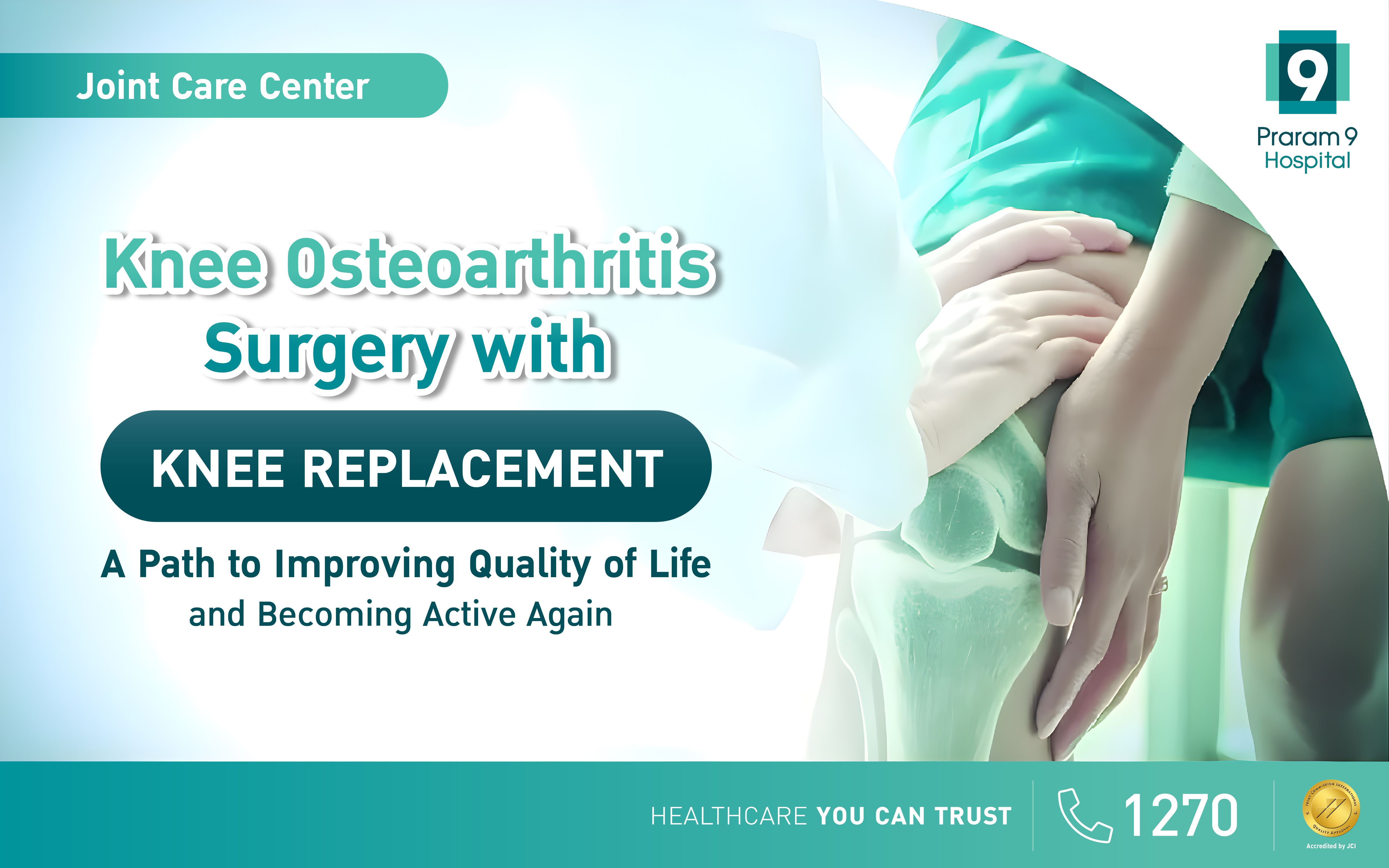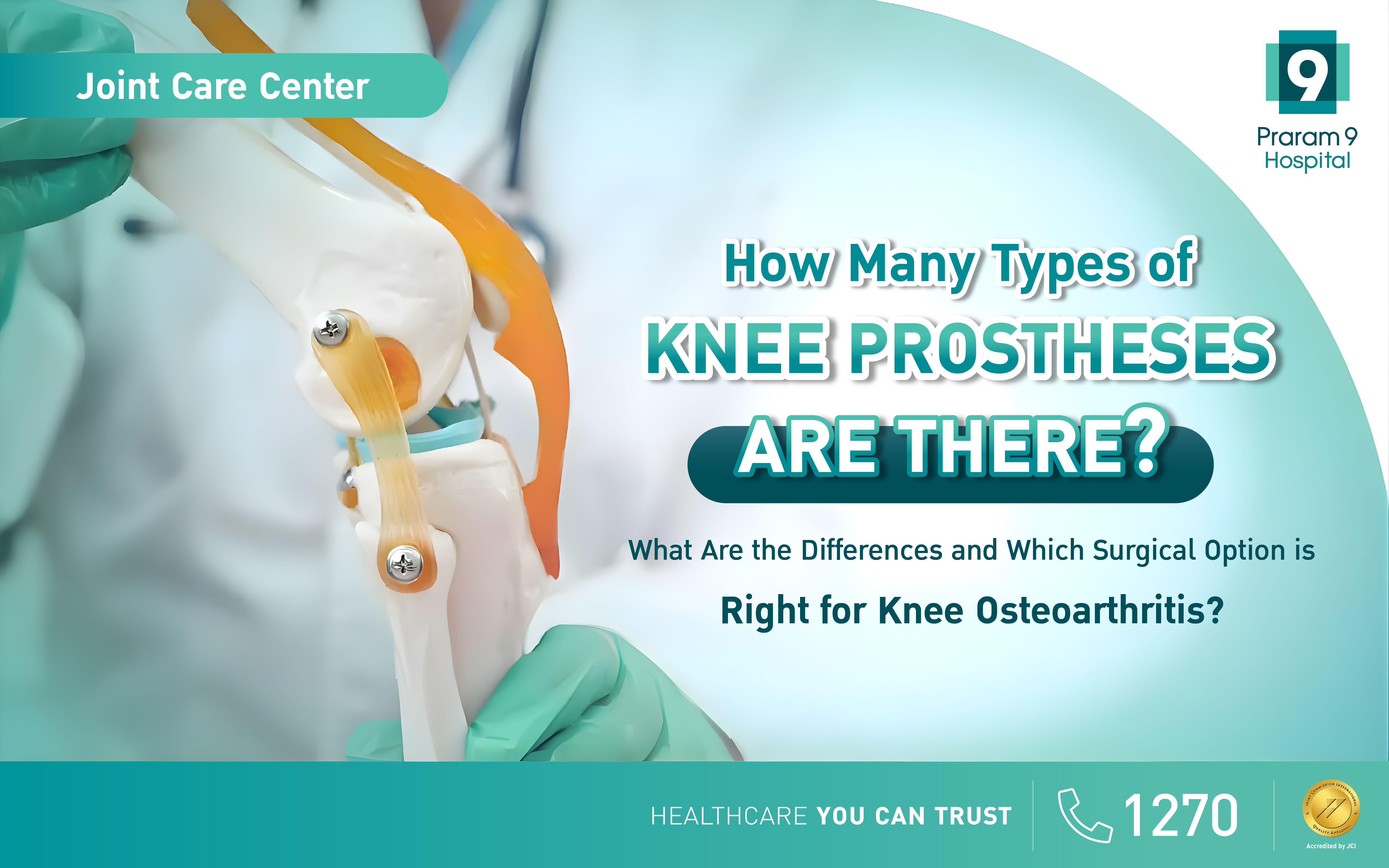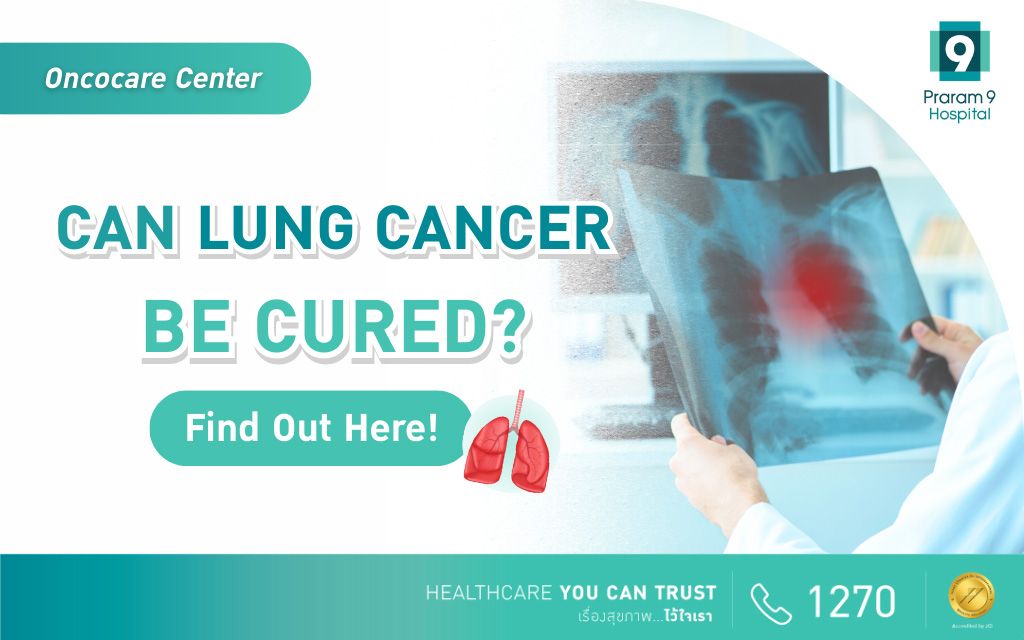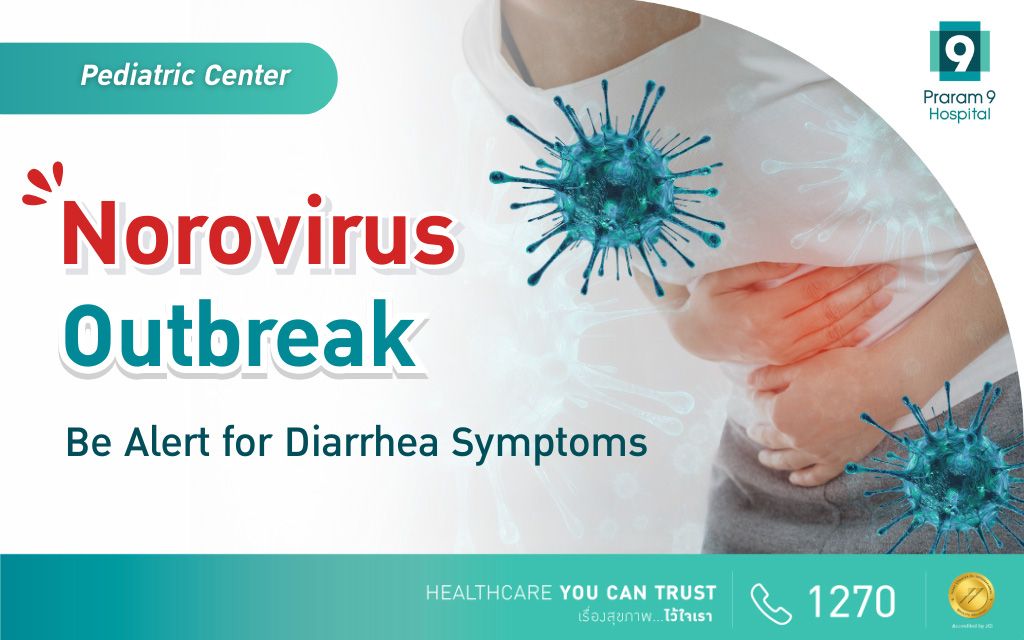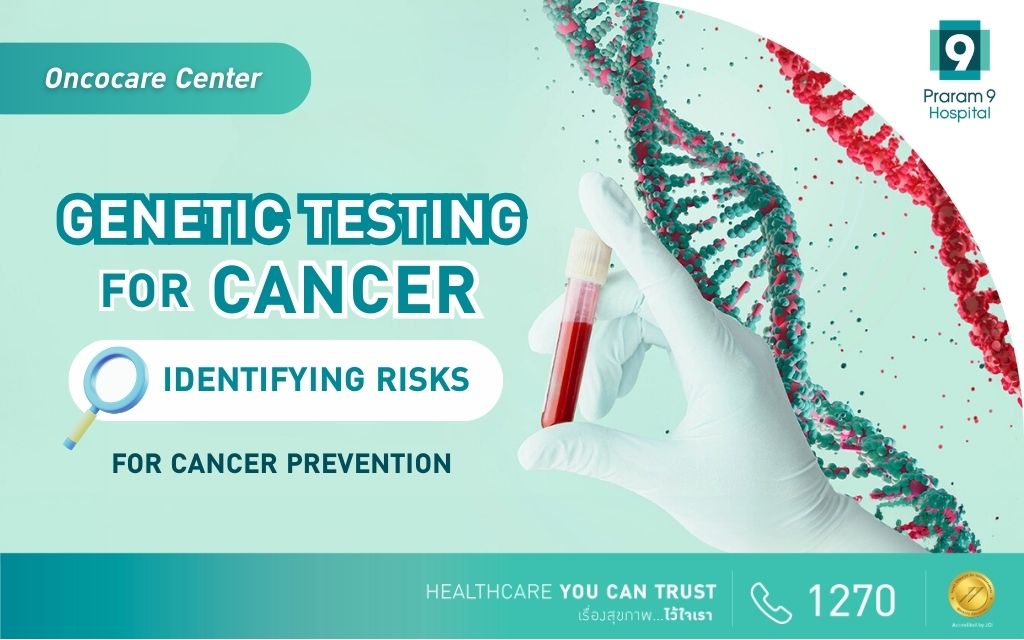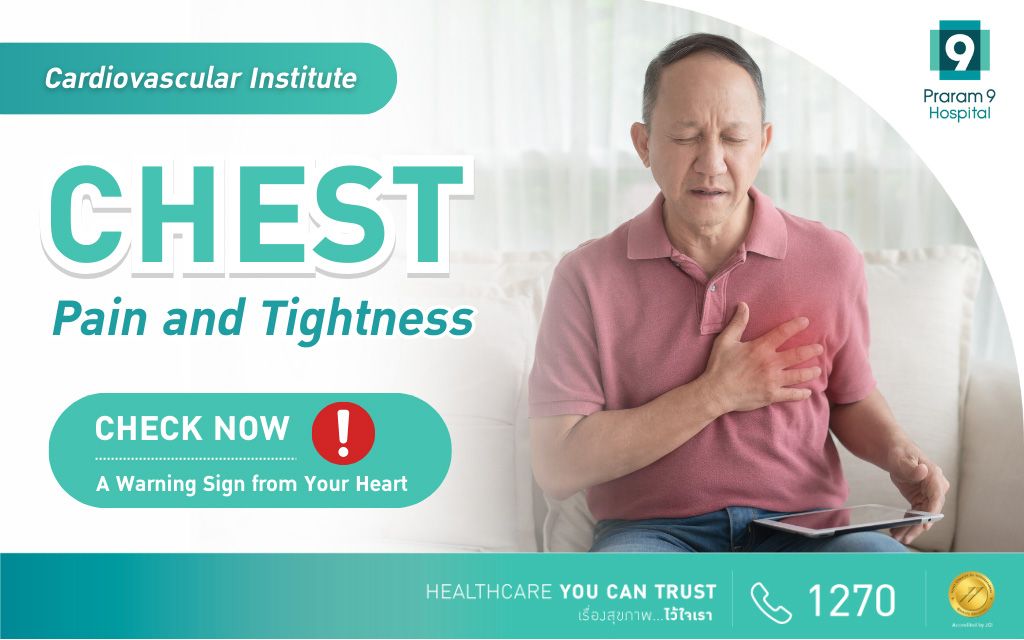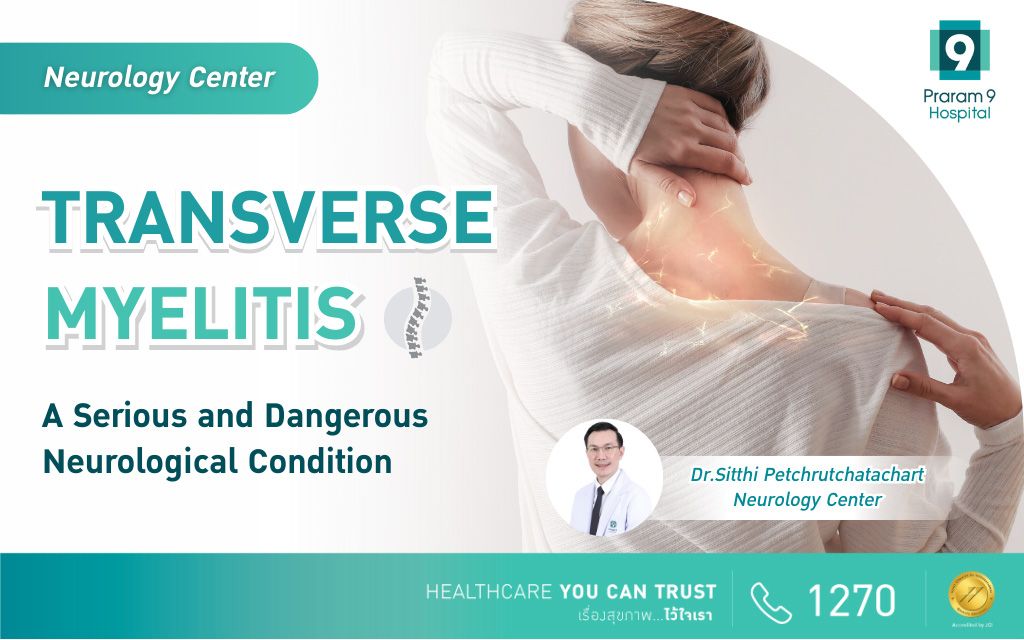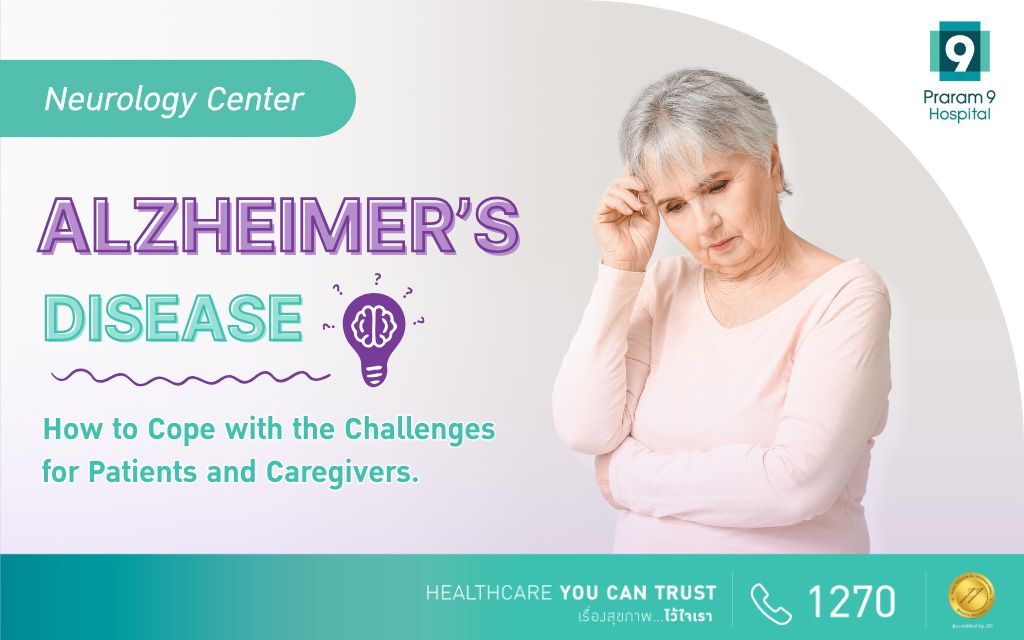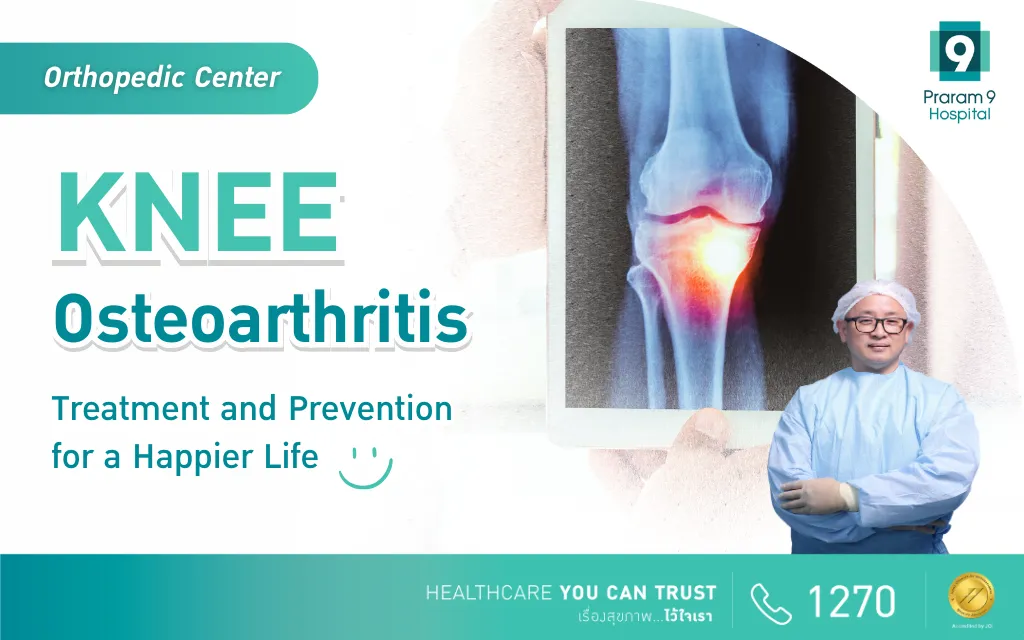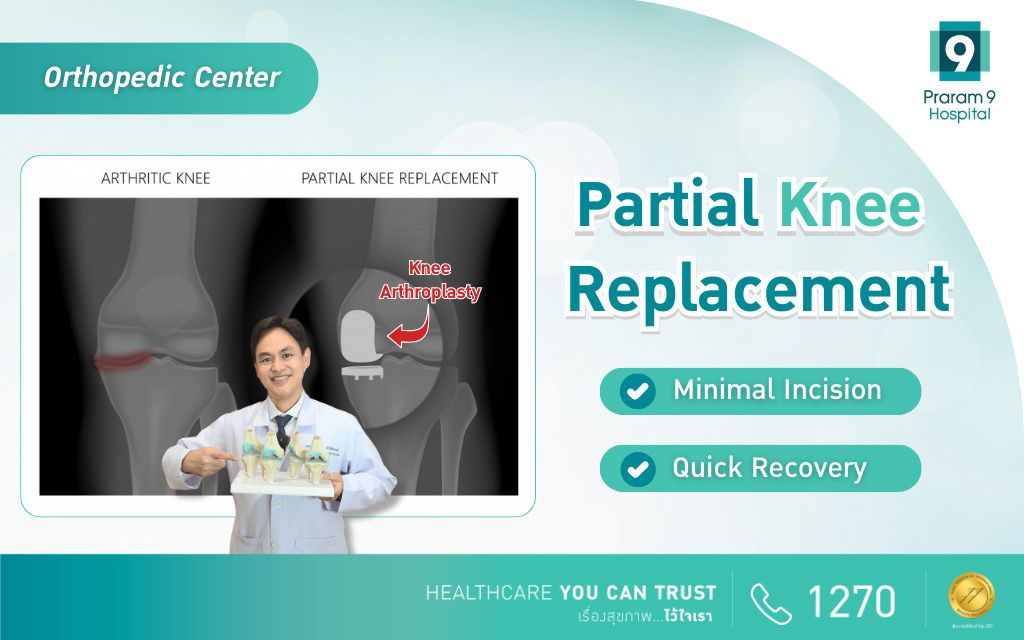Health Articles
Knowledge
PERSONAL DATA PROTECTION POLICY Praram 9 Hospital Public Company Limited

Praram 9 Hospital Public Company Limited (the “Hospital”) has established a personal data protection policy with respect to the information you provide to the Hospital for service requests, website visiting or using the application of or from the Hospital, including your information forwarded from a third party.
“Personal Data means any information relating to a Person, which enables the identification of such Person, whether directly or indirectly, but not including the information of the deceased Persons in particular.”
Collection of Personal Data
- The Hospital shall collect your Personal Data that could identify you directly or indirectly for your benefits in a timely manner necessary for the service. In the event that you are the information provider to the hospital or request service from the Hospital through the website, application, or any other channel of the Hospital, such as for medical appointment, electronic transactions, newsletter subscription, asking for special assistance, as well as the offline transaction, including the patient registration at the hospital registration counter or from your consent in survey application or the electronic mail or filling / providing information for work application or any other communication channels between the hospital and you.
- The Hospital may obtain your Personal Data from any third parties, such as business networking partner, distributor, hospital service agent, or government agencies, etc.
Personal Data Collected by the Hospital
Categories of your Personal Data to be collected by the Hospital are subject to the situation of such collection and the Hospital’s service requested by you. Your Personal Data shall be used for fulfillment of your online or offline transactions or for completion of the service as requested. The Personal Data to be directly collected by the Hospital form you or the third party are as follows:
- Identification data, such as name, photograph, gender, birthday, passport, identification card number or any number enable to identify the identity;
- Contact information, such as address, telephone number, and email address;
- Payment information, such as billing information, credit/debit card, and bank accounts;
- Service receiving information, such as medical appointment, personal data of relatives, requirement for room, food and additional services;
- Marketing activity participation information, such as the information registered for participation to our activities;
- Statistical data, such as number of patients and website visiting;
- Information from visiting of the Hospital’s website, such as IP Address, Cookies, Online Appointment System;
- Health records, report on physical and mental health, taking care of your health, the test results from laboratory and medical diagnosis;
- Information about your use of medications and drug allergies; and
- Feedback and medical treatment results given by you.
We shall not collect and use your sensitive information, such as race, religious beliefs, criminal history, unless otherwise required by the applicable rules and laws or consented thereto by you.
Use of Personal Data
The Hospital shall use your Personal Data to the extent proposed as follows:
- To provide services or the Hospital’s services;
- To make an appointment with doctor, message transmission and advice for the hospital services;
- To coordinate and forward information, which will speed up the patient transfer process;
- To confirm the identity of patients;
- To send appointment notification or offer help from the Hospital;
- To facilitate and present various benefits to you;
- For marketing purpose, sale promotion, and customer relation, such as the transmission of promotional messages, products and services, promotional materials and partner business;
- As a means of communication, query response, or feedback to complaints;
- For survey of customer satisfaction, market research, statistical analysis, processing and display for the purpose of product and service improvement, or to create new products and services for enhancement of customer benefits;
- For accounting or financial purposes, such as checking credit card payments, billing and verifying, refunding request;
- For security purpose, including the safety while hospital admission;
- For job application, being an employee, or any other related purpose;
- To comply with the Hospital’s rules;
- To comply with the laws, requirements, regulations, rules, or any requests from government agencies, such as observance of subpoenas or court order or any other legal requests; and
- For other purposes that encourage the implementation of the above-mentioned purposes or as consented by you from time to time.
Disclosure of Personal Data
The Hospital may disclose or transfer your Personal Data to any third parties, within or outside of the territory. The Hospital shall carry out any measures to the extent necessary and reasonable for so doing or in compliance with the rules and laws subject to the aforementioned purposes to the following:
- Business partners, such as insurance companies, the participants to the loyalty and rewards program, medical centers and/or other companies regarding hospital serves;
- Bank and the payment service provider, such as credit card or debit card companies;
- Guards and security officers;
- Immigration authority and Customs Department; and
- Governmental entities, supervisory units and other units as permitted or designated by laws.
Links to Third-Party Websites
Website and application on your mobile phone of the Hospital may contain links to third-party websites. If you follow the link, the Personal Data Protection Policy is not applicable to such destination site. Please be advised that the Hospital has no liability on the application of your Personal Data by such third parties because it is out of the Hospital’s legal control.
Keeping of Personal Data and Security
- Your Personal Data shall be maintained for as long as the extent necessary for fulfillment of all various purposes defined this Personal Data Protection Policy and subject to the applicable laws or for further legal action, as the case may be.
- The Hospital shall will use security measurement and proper management in order to secure and maintain your Personal Data collected by the Hospital.
Rights of the Personal Data Owner
- Right to withdraw consent: You have the right to withdraw consent for the processing of personal data that you have provided to the Hospital all the times we keep your Personal Data.
- Right of access: You have the right to access your own Personal Data and ask the Hospital for a copy of your Personal Data. You may request the Hospital to disclose the source of acquiring your Personal Data which is not consented by you.
- Right of rectification: You have the right to ask the Hospital to correct any wrong information or to update the data for completion.
- Right to erasure: You have the right to ask the Hospital to erase your information for particular reason.
- Right to restriction of processing: You have the right to restrict the use of your Personal Data for particular reason.
- Right to data portability: You have the right to move and transfer your Personal Data provided to the Hospital to another data controller or to yourself for particular reason.
- Right to object: You have the right to object the processing of your Personal Data for particular reason.
You are able to access to or ask for updating and correcting your own Personal Data, including any rights stated here above, all right according to the governing personal data protection law, such as the requesting for your Personal Data copy; for suspension of usage or disclosure of your Personal Data, whenever you determine that your Personal Data has been used beyond the scope of the aforementioned purposes or without your consent.
The application for access or correct the Personal Data as stated in the above paragraph or to raise any claims regarding your own Personal Data must be in writing, together with an identification evidence, such as a copy of identification card or passport, details of an appointment with the doctor and the contact information. Please submit such application to the address stated below.
Praram 9 Hospital Public Company Limited
99 Rama IX Road, Bangkapi Sub-District, Huai Khwang District, Bangkok 10310
In any case you are not required to pay any charges for carrying out the rights as set forth above. The Hospital will consider the matter and inform you of the result no later than 30 days of receiving the application.
Change to the Personal Data Protection Policy
The Hospital shall review and update the Personal Data Protection Policy on regularly basis in harmony with the applicable practices, laws and rules. The change to this Personal Data Protection Policy shall be updated in the one published in our website: www.praram9.com as soon as practicable. However, if you have any queries, suggestions and complaints about our Personal Data Protection Policy, please contact us at email address: info@praram-9-moderna-stg.i02ms7ouq4-pxr4kj5xv6gn.p.runcloud.link.
This Personal Data Protection Policy is effective from 28th April 2020.
(Satian Pooprasert, M.D)
Chief Executive Officer
Praram 9 Hospital Public Company Limited
